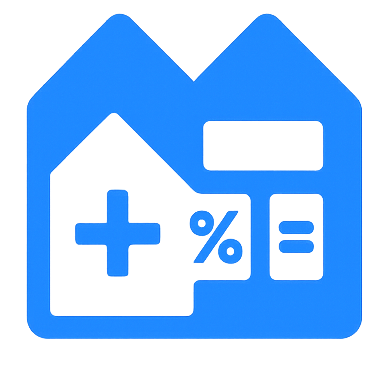Mortgage points let you exchange upfront cash for a lower interest rate. This guide shows you how lenders price points, how to calculate payoff horizons, and how to decide if buying down your rate aligns with your homeownership timeline.
Key takeaways
- One point equals 1% of the loan amount and typically lowers the interest rate by 0.125% to 0.25%.
- Calculate break-even in months by dividing the cost of points by the monthly payment savings.
- Buying points makes the most sense when you expect to keep the mortgage beyond the break-even point and have emergency savings intact.
Understand lender pricing grids
Lenders publish daily pricing grids that show how much rate reductions or credits cost. Request the raw pricing sheet so you can compare options objectively.
Remember that pricing adjustments also depend on credit score, property type, and occupancy. Points may have different impacts for investment properties versus primary homes.
- Ask your loan officer for a side-by-side Loan Estimate showing 0 points, 1 point, and 2 points.
- Confirm whether the lender allows seller credits to fund discount points.
Compute savings with a mortgage calculator
Enter the loan amount and interest rates with and without points in the calculator. Note the monthly payment difference and total interest over the loan term.
Divide the upfront cost of points by the monthly savings to get the break-even timeline. If you plan to move or refinance before that date, skip the points.
- Add taxes and insurance to confirm the full payment impact fits your budget.
- Re-run scenarios when rates change by 0.125% or when you adjust down payment amounts.
Align points with your long-term plan
If you expect to keep the mortgage for seven years or longer, discount points can produce meaningful savings, especially on high-balance loans.
Ensure paying points will not drain reserves needed for repairs, furnishing, or emergencies. Consider splitting funds between points and extra principal.
- Check if your state allows points to be tax deductible when buying a primary residence.
- For adjustable-rate mortgages, confirm how points impact the initial period versus future adjustments.
Action steps to take next
- Request at least three quotes from different lenders to compare point pricing.
- Use our amortization output to see lifetime interest savings before committing cash.
- Revisit point scenarios whenever you lock or relock your rate.
Mortgage questions answered
Are mortgage points refundable if the loan does not close?
No. Points are typically paid at closing. If the loan falls through before closing, you do not owe the points.
Can I finance mortgage points?
Points are usually paid in cash, but some lenders allow buyers to roll them into the loan amount if loan-to-value ratios stay within guidelines.
